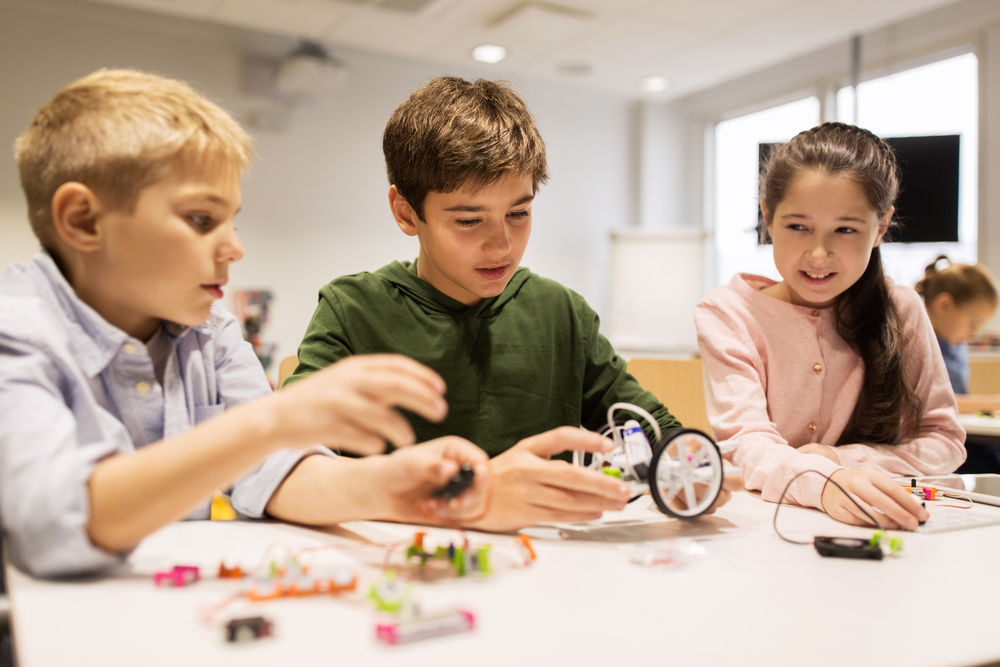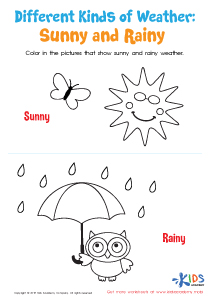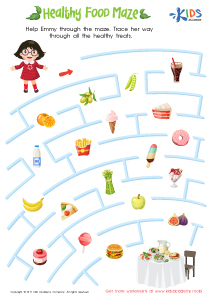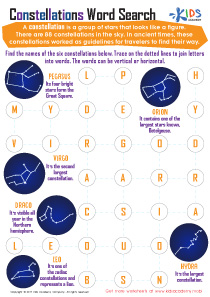Problem-Solving Skills Easy Science Worksheets for Ages 3-8
5 filtered results
-
From - To
Unlock the potential in young minds with our "Problem-Solving Skills Easy Science Worksheets for Ages 3-8." These engaging and educational worksheets are specifically designed to cater to early learners by developing their critical thinking and problem-solving abilities. Packed with fun, age-appropriate science activities, each worksheet encourages curiosity, promotes logical reasoning, and helps in understanding basic concepts through hands-on tasks. Ideal for both classroom use and at-home practice, our worksheets provide the essential tools for nurturing a strong foundation in science, preparing kids for future learning adventures. Start your child’s problem-solving journey today with our expertly crafted resources.
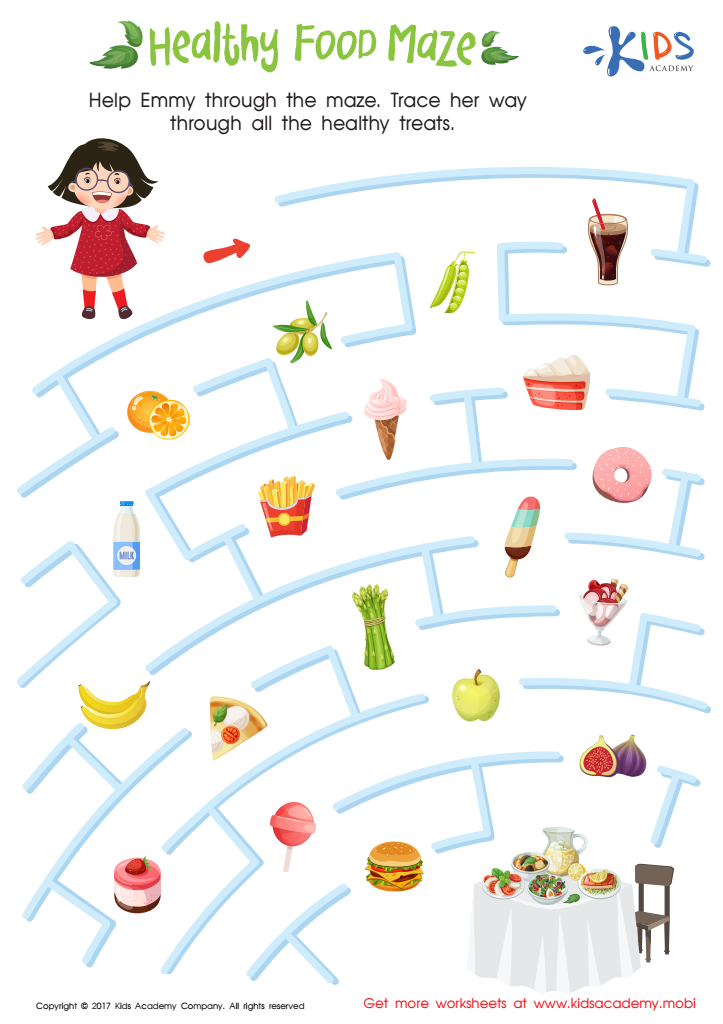

Healthy Food Maze Printable
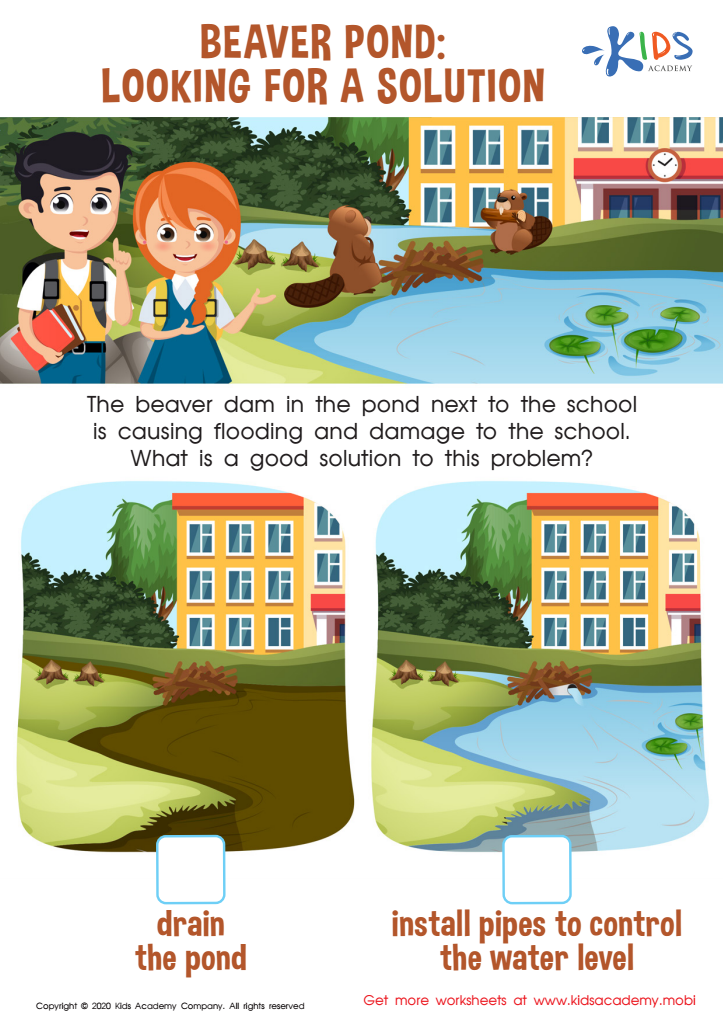

Beaver Pond: Looking for a Solution Worksheet
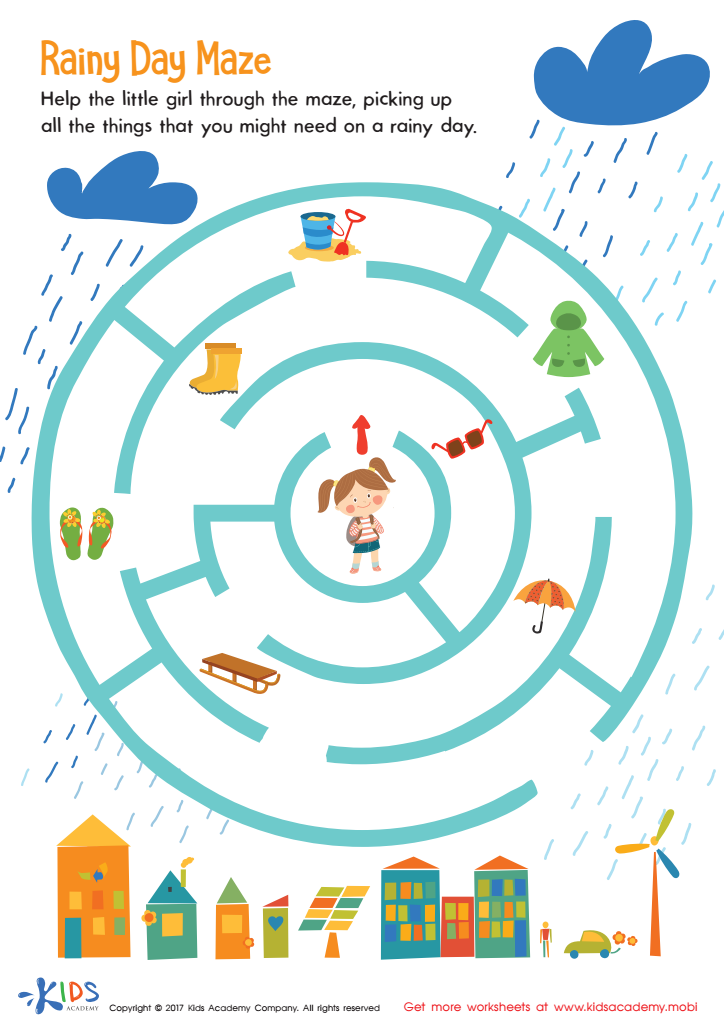

Rainy Day Maze Worksheet
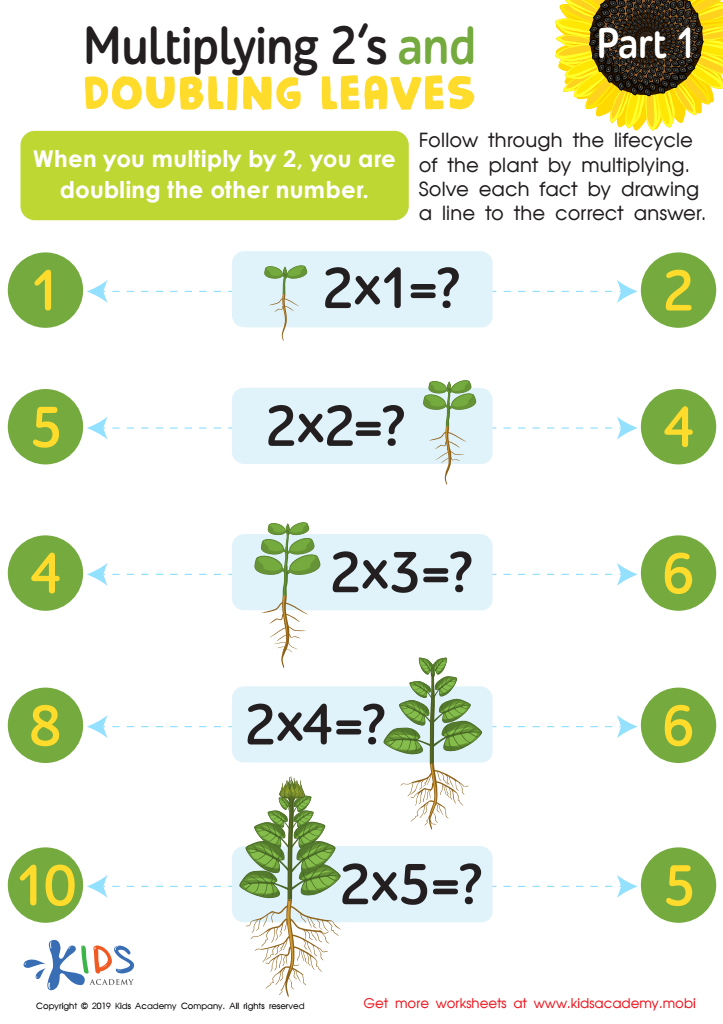

Multiplying 2’s and Doubling Leaves Part 1 Worksheet
Fostering problem-solving skills in children aged 3-8 through easy science activities is crucial for their cognitive and social development. At this formative stage, young minds are naturally curious and open to exploring the world around them. Engaging children in simple science tasks helps nurture critical thinking and analytical skills, laying a strong foundation for future learning.
By involving children in problem-solving activities, parents and teachers can help them develop essential traits like perseverance, creativity, and resilience. These exercises teach kids how to approach challenges methodically and think logically, which are indispensable skills in both academic and real-life scenarios. For example, figuring out why a plant needs sunlight to grow encourages observation, hypothesizing, and evaluating outcomes.
Early exposure to problem-solving also enhances children’s confidence and independence. When they successfully navigate small challenges, they gain a sense of achievement and become more willing to tackle new problems. Additionally, collaborative activities promote teamwork and effective communication, as children discuss and share ideas to find solutions together.
Integrating easy science and problem-solving into daily learning prepares children for a lifetime of inquiry and innovation. By prioritizing these skills, parents and teachers set the stage for well-rounded, capable individuals who are ready to face a complex world with confidence and curiosity.

 Assign to My Students
Assign to My Students
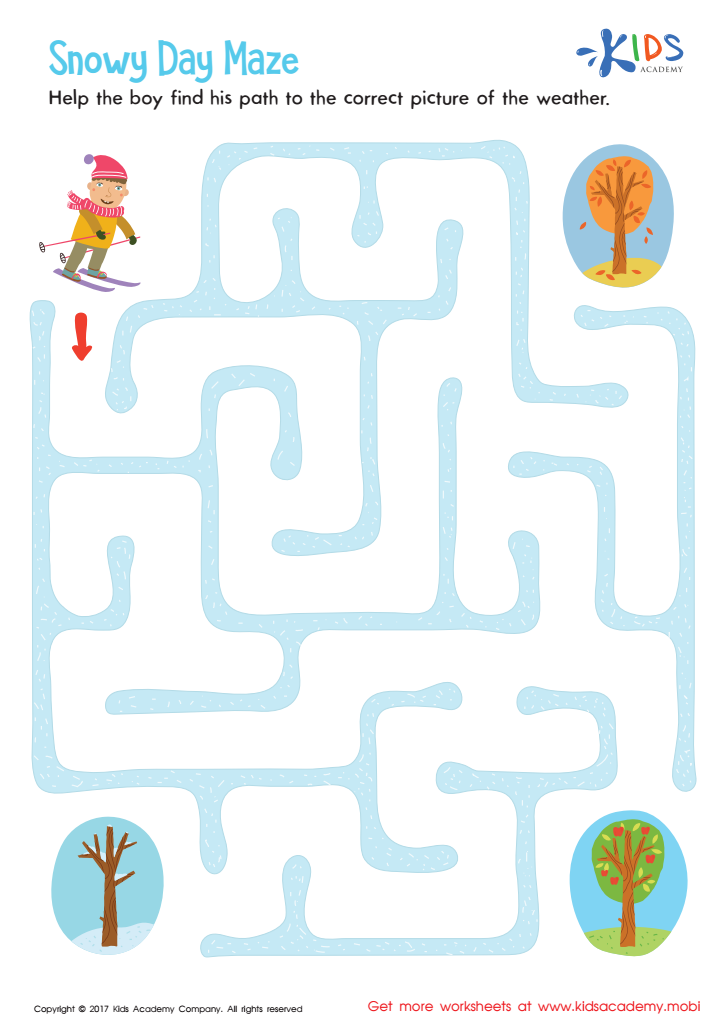





.jpg)
